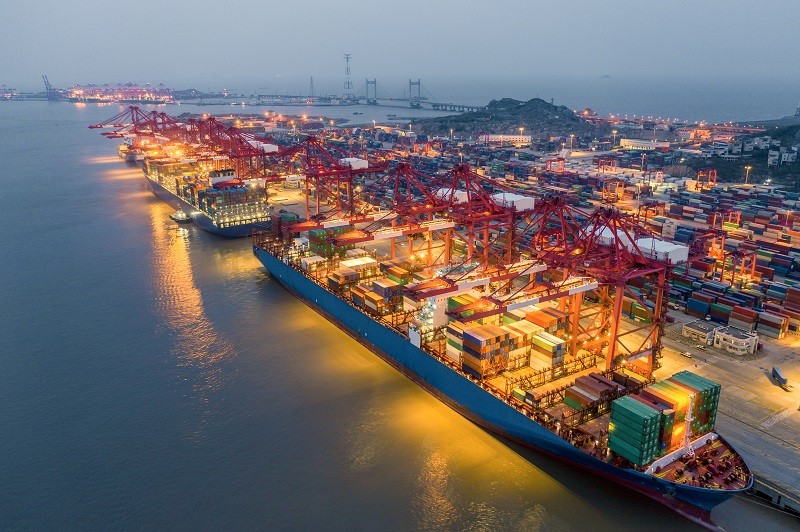As the economy of Singapore grows dynamically, investors are attracted to explore the opportunities and invest their money here. As a result, we can expect the hedge fund industry to perform well in the country. Singapore is competing alongside with Hong Kong, to become the top location that connects fund managers with asset owners who are looking for companies to assist with portfolio management.
The Singapore Terrorism Threat Assessment Report 2022 warns of heightened terrorism risks post-pandemic. Given the vulnerabilities in the PSMD sector, regulated dealers should adopt a risk-based approach and implement effective AML/CFT controls and training programmes.
The RFMC regime has been officially repealed by MAS, with all fund managers now transitioning to the A/I LFMC framework. The change streamlines regulatory oversight and supports Singapore’s growth as a trusted global fund management centre.
Interoperability lies at the heart of seamless cross-border transactions, empowering businesses and individuals to send and receive money effortlessly across borders. With rising global payment flows and demand for faster, cheaper, and more inclusive services, Singapore is taking the lead through innovative FinTech solutions. From PayNow-PromptPay linkages to the ambitious Project Nexus, Singapore’s initiatives are driving real-time connectivity and fostering financial inclusion across the region — paving the way for a borderless payments future.
Financial inclusion fuels economic growth and reduces poverty, especially in developing regions. Singapore supports global initiatives like the G20 roadmap to make cross-border payments faster, cheaper, and more accessible. Through partnerships with ASEAN neighbours such as Malaysia and the Philippines, Singapore is enhancing interoperability and building a more connected regional payment ecosystem — a vital step toward inclusive and sustainable financial integration.
Collective Investment Schemes (CIS) allow investors to pool funds into a managed portfolio of assets such as equities, bonds, or cash. Administered under the Monetary Authority of Singapore (MAS), all CIS offers must comply with the Securities and Futures Act (SFA) and the Code on Collective Investment Schemes.
Singapore continues to strengthen its position as a global trading hub through initiatives that streamline export processes and boost trade competitiveness. With steady growth in non-oil domestic exports and strong demand for electronics and petrochemicals, government frameworks like TradeFIRST help businesses reduce costs, improve efficiency, and expand internationally.
Global capital markets participants are broadly classified into three groups — buy-side, sell-side, and financial intermediaries. While sell-side firms focus on issuing and selling securities, buy-side firms invest in them for fund management purposes. This article explores the buy-side segment, including hedge funds, private equity, and venture capital.
The urgency to tackle climate change has never been greater. From COP26 commitments to phase out coal and end deforestation, to Singapore’s own green finance initiatives under Project Greenprint and membership in the Powering Past Coal Alliance, global and regional efforts are accelerating toward a net-zero future. Collective action from governments, businesses, and financial institutions is essential to drive meaningful progress and align ESG practices with global climate goals.
Singapore’s strong trade network and the signing of RCEP have deepened regional integration and boosted investor confidence. The hedge fund industry benefits from these developments, attracting significant inflows from global investors. Fund managers operating in Singapore are required to hold a Capital Markets Services (CMS) licence under MAS regulations.











